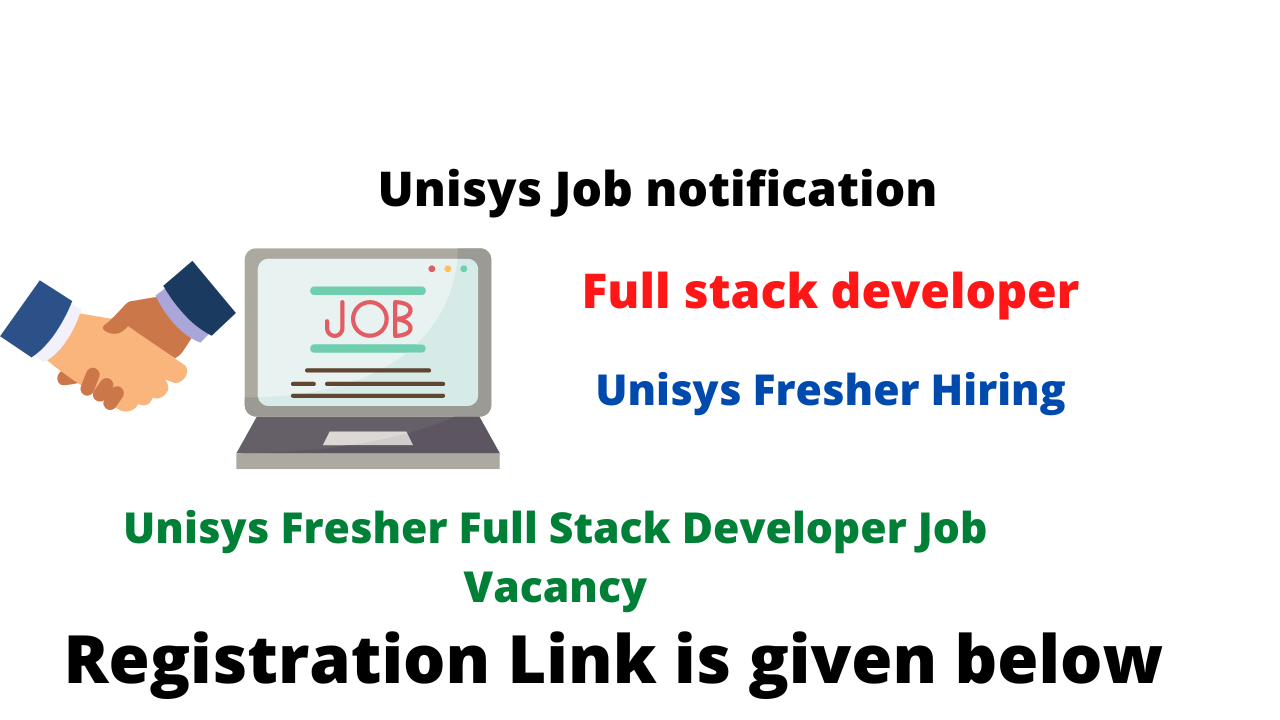
The key to managing your human capital is understanding and measuring your people's skills. This assessment will help your company develop a better pay incentive system. It will also allow you to align salaries and skill sets more accurately. Pay-for-skills will allow you to avoid high turnover rates and keep employees. It will also encourage employees to develop their core competencies. This will increase their satisfaction and help them stay longer in the company.
Employee engagement
Employee engagement is essential for managing human capital. It involves giving employees meaningful feedback and giving them a sense if purpose. It gives them a voice, and gives them the chance to voice their opinions and concerns. Managers must communicate regularly with staff in order to listen and offer feedback.
Employee turnover can be a major factor in a company's productivity. Gallup estimates that millennial turnover is costing organizations $30.5 billion each year. An engaged workforce is more satisfied with their work and is likely to stay in their current position.
Performance management
The purpose of performance management for people is to ensure that the company's strategy aligns with employees' performance. It involves setting goals or objectives and ensuring everyone works in the same direction. It includes the creation and monitoring of individual performance plans, assimilation of compensation, and the determination of compensation. In addition, performance management focuses on identifying and developing high-potential employees and key talents. This approach can also be used to hire and fire, evaluate performance, and identify training needs.

The best performance management system will integrate performance improvement and employee engagement and ensure that employees feel committed to learning and development. Microsoft's call-center agents gamification program is a good example. The objective of this program is to ensure employees have the skills, knowledge and abilities necessary to perform their duties. To ensure employee success, the performance management system must be integrated with the employee training program.
Compensation
It is crucial that you have the right compensation to attract the best talent for your position. It is important to remember that compensation does not only have to be about money, but how employees are motivated. A good compensation management system can help a company attract top talent, motivate current employees, and increase retention. A company's productivity and revenue can be increased by selecting the right compensation.
The goal of compensation management is to ensure that salaries and benefits are competitive and reflect the needs of the current workforce. This involves analysing employment data and staying up-to-date on complex benefits administration rules. While compensation is important it is equally important that employees are paid properly and on-time.
Pay-for-performance
Pay-for-performance can be a great way for employees to be motivated and retained. This model gives employees the power to raise their wages by achieving specific targets. This model can also help you to hire higher-skilled employees. Although this compensation model is not right for every company it can encourage top performers and motivate them to stay.
It is crucial to make sure that the CEO and HR department are committed to pay-for-performance when implementing it. The concept is more popular when top management supports it. Middle management will likely follow their lead.

Learning
Employers can increase the value of their employees by using learning in human capital management. Learning can be a key part of any organization, no matter if you are hiring or promoting employees. It is important to identify and understand the needs of your staff in order to improve your human resources.
This can be done by providing training for your employees. Employees will feel more confident and excited about their job if they are given the right training. Employees who feel competent in their job will do better.
FAQ
What should I expect from my consultant
Once you select your consultant, you should expect to hear back from them within a few days. They will typically ask for information about the company, such as its mission, goals. products and services. budget. After receiving this information, they will prepare a proposal outlining their scope of work, estimated timeline, fees, deliverables and milestones.
If everything looks good, then the two parties will negotiate a written contract. The type relationship between the two sides (e.g. employee-employer or independent contractor-employer) will dictate the terms of the contract.
If everything goes as planned, the consultant may begin to work immediately. He/she will have immediate access to your internal documents, resources, and you'll be able to access his/her skillset and knowledge.
But don't assume that anyone who is a consultant has all the answers. It takes practice and hard work to become an expert in the field you are consulting. You shouldn't expect your consultant will know everything you need to know about your business.
What skills will I need to be a consultant?
As a consultant, you should have both strong interpersonal skills and analytical skills. This is vital because you may not understand the scope of your work. You need to be able to manage people quickly and solve problems efficiently.
You also need to have excellent communication skills. Most clients expect a reply within 24 hours. If they don’t hear from you within 24 hours, they assume you don’t care. It is crucial that you keep them up to date and make sure they know what's happening.
Why would a company employ a consultant to help them?
A consultant provides expert advice on how to improve business performance. Consultants are not there to help you sell products.
A consultant is a person who helps companies make better choices by providing sound analysis, and making recommendations for improvement.
Consultants often work with senior management to help them understand how to succeed.
They provide coaching and leadership training for employees to enable them to achieve their peak performance.
They might advise businesses on how to reduce costs, streamline processes, or increase efficiency.
Do I need legal advice?
Yes! Yes! Many consultants create contracts without consulting clients. This can lead into problems down-the-road. What happens if the client cancels the agreement prior to the consultant's completion? Or, what happens if the consultant doesn't meet the deadlines set forth in the contract?
Avoid any legal issues by speaking with a lawyer.
What types of jobs are available as a consultant?
A job as a consultant requires you to have an excellent understanding of business strategy and operations. Understanding the business world and how it fits into society is essential.
To be successful as a consultant, you must have strong communication skills and an ability to think critically.
Consultants need to be flexible as they might be assigned different tasks at different times. They must be flexible and able to change directions quickly if needed.
They must be willing to travel for their clients. This type of work can take them all over the world.
They need to be able and able to manage pressure and stress. Sometimes consultants are required to meet tight deadlines.
Consultants are often expected to work long hours. This could mean that overtime may not always be paid.
What are the benefits to being a consultant?
Consultants can often choose the hours and topics they work on.
This means you can work whenever you like and wherever you wish.
You can also easily change your mind, without worrying about losing any money.
Finally, you can control your income and set your own schedule.
Statistics
- Over 62% of consultants were dissatisfied with their former jobs before starting their consulting business. (consultingsuccess.com)
- 67% of consultants start their consulting businesses after quitting their jobs, while 33% start while they're still at their jobs. (consultingsuccess.com)
- My 10 years of experience and 6-step program have helped over 20 clients boost their sales by an average of 33% in 6 months. (consultingsuccess.com)
- Over 50% of consultants get their first consulting client through a referral from their network. (consultingsuccess.com)
- According to IBISWorld, revenues in the consulting industry will exceed $261 billion in 2020. (nerdwallet.com)
External Links
How To
How do I find a good Consultant?
The first step in finding a good consultant is understanding what you want from your consultant. Do you want them helping you improve your website's performance or not? You want them to optimize the site for search engines to make it rank higher. You might also want someone to help you determine if your hosting provider is in trouble. When you are clear about the services you require, you can start to look at other companies. Many consultants claim to be able to provide these services. However, only a handful of them actually deliver on their promises. How do you select the right consultant for your project? These are some things you should consider when choosing a consultant.
-
Ask for referrals. This is probably the best way to choose a consultant. Because you are likely to pay too much, you shouldn't hire someone who you have never heard of. However, you shouldn't work with someone with poor reputations. If you have the good fortune to get referrals from trusted people, great! However, even if this is not possible, you might still be able check reviews online. Find testimonials and case study examples from customers who have used your product.
-
Ask around. Many people don’t know that they could gain from consulting. They believe that because they're doing well, they don’t need to make any changes. This is often false. Even if you are seeing great results, it is likely that you have not been keeping up to date with technology and trends. You'll lose out on the opportunities to grow your company if you rely on old methods. It's always worth asking around to see if anyone knows of a good consultant.
-
Make sure to verify their qualifications. You don't need to worry about whether they are building a website or an eCommerce store worth millions. It doesn't matter if they are qualified for the task or not; make sure they are knowledgeable in the field.
-
Find out about the types of projects they specialize. Although it might seem like everyone can do everything, this is not true. Some areas require specific types of training or education. You won't hire a Drupal developer if you need to build a WordPress template. The same applies to programming languages, graphic design and other areas. Ask them what types of projects they are most familiar with.
-
Be aware of their fees. As we said, you don't want to pay too much for a consultant. You also don’t want to spend too little. There are many different types of consultants. Some bill hourly, while others are charged per project. It's cheaper to know upfront what you are paying than later.
-
Know what they offer. Do they offer free consultations? Do they offer advice on setting up your system? Is it possible to be sure that your site ranks higher when you work with them You can cancel your consultation at any time without penalty if you are not satisfied with what you heard.
-
Find out if the company offers discounts for several months or years. Many consultants offer discounts for longer periods. You may not need to commit to a full year, but you may also take advantage of whatever deals they offer.